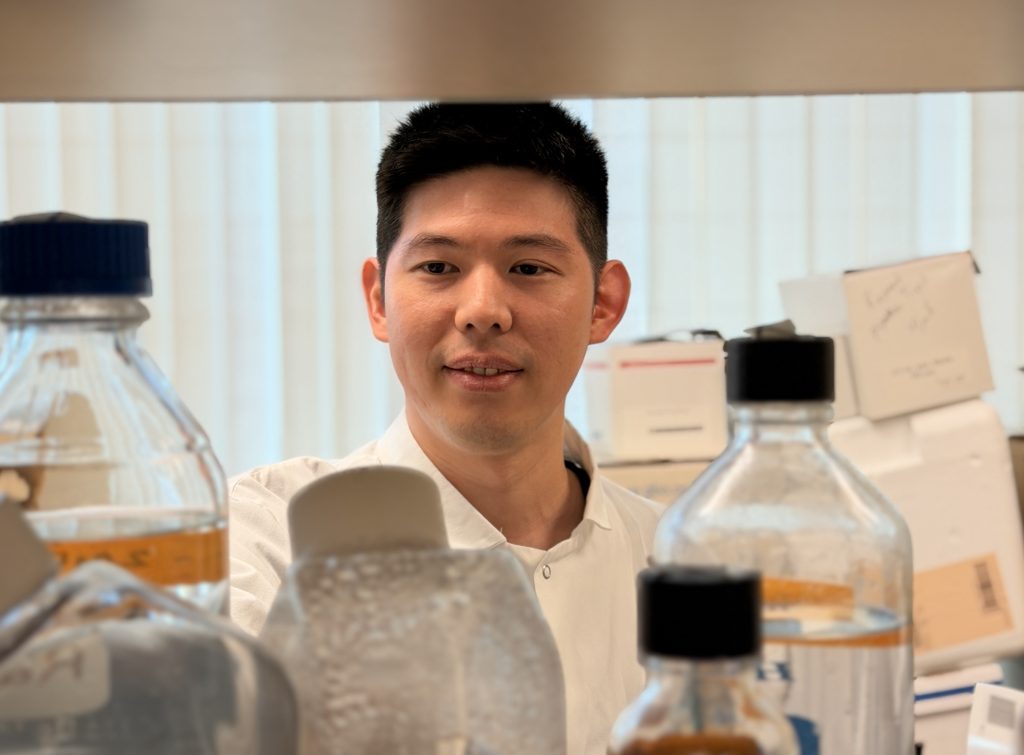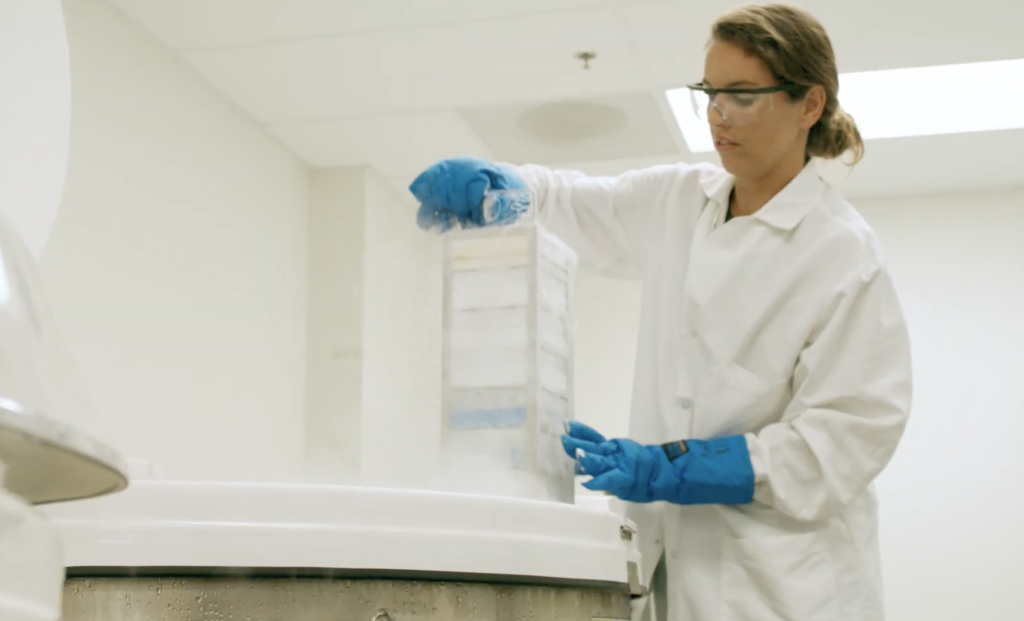LA JOLLA, CA—Shane Crotty, Ph.D., a professor at La Jolla Institute for Immunology, has been selected to receive the 2019 Frederick W. Alt Award for New Discoveries in Immunology for his pioneering insights in the fundamentals of what makes a good immune response to help custom-engineer vaccine candidates so they elicit a protective immune response.
The award is given annually to a former Cancer Research Institute postdoctoral fellow in recognition of outstanding success in academia or industry for research that has had a major impact in the field of immunology. Dr. Crotty will be presented with the award during the Cancer Research Institute’s Annual Awards Dinner, which will be held in New York City on October 7, 2019.
“It is a real honor, personally, to win this award,” said Dr. Crotty, a professor in the Division of Vaccine Discovery at La Jolla Institute for Immunology. “Fred Alt is a doyen of modern molecular immunology and I have great respect for the Cancer Research Institute, and previous winners of this award.”
Dr. Crotty is driven by his desire to fundamentally change how vaccines are designed. His work has been instrumental in spurring a shift from the trial-and-error approach that has dominated the field of vaccine development in the past and paved the way for the rational design of immune-based treatments.
In 2009, Dr. Crotty discovered a pivotal master switch that ignites the production of a certain group of helper T helper cells known as follicular helper T (Tfh) cells, which in turn help B cells make more antibodies. Subsequently, Crotty’s team systematically unraveled the molecular mechanisms that drive the differentiation and maturation of Tfh and antibody-producing B cells. Most importantly, he demonstrated that Tfh cells are crucially important for triggering broadly neutralizing antibodies against HIV, the virus that causes AIDS, in a large group of HIV-infected individuals.
His findings led to Crotty’s recognition as an expert in vaccine design, and to his inclusion as a T cell expert in one of the nation’s top AIDS vaccine consortiums.
About Dr. Shane Crotty
Shane Crotty received his B.S. in Biology from the Massachusetts Institute of Technology (MIT) in 1996. He also received a B.S. in Writing from MIT the same year. Crotty undertook graduate work in virology at the University of California, San Francisco in the Program in Biological Sciences. There he discovered the mechanism of action of the antiviral drug ribavirin, widely used to treat chronic hepatitis C infections. Dr. Crotty earned his Ph.D. in Biochemistry and Molecular Biology in 2001. He then pursued postdoctoral work at the Emory University Vaccine Center with Dr. Rafi Ahmed from 2001 to 2003, studying aspects of the generation and maintenance of immune memory after viral infections. In 2003, he accepted a faculty position at LJI.
Dr. Crotty was named a Pew Scholar in Biomedical Sciences in 2005, and was the recipient of the annual American Association of Immunologists (AAI) Investigator Award for outstanding early-career research contributions to the field of Immunology in 2012. For three years in a row, Dr. Shane Crotty’s pioneering studies on vaccine-related immunology have earned him a spot among “The World’s Most Influential Minds.” He is also the author of Ahead of the Curve, a biography of Nobel laureate scientist David Baltimore, which was published in 2001.


